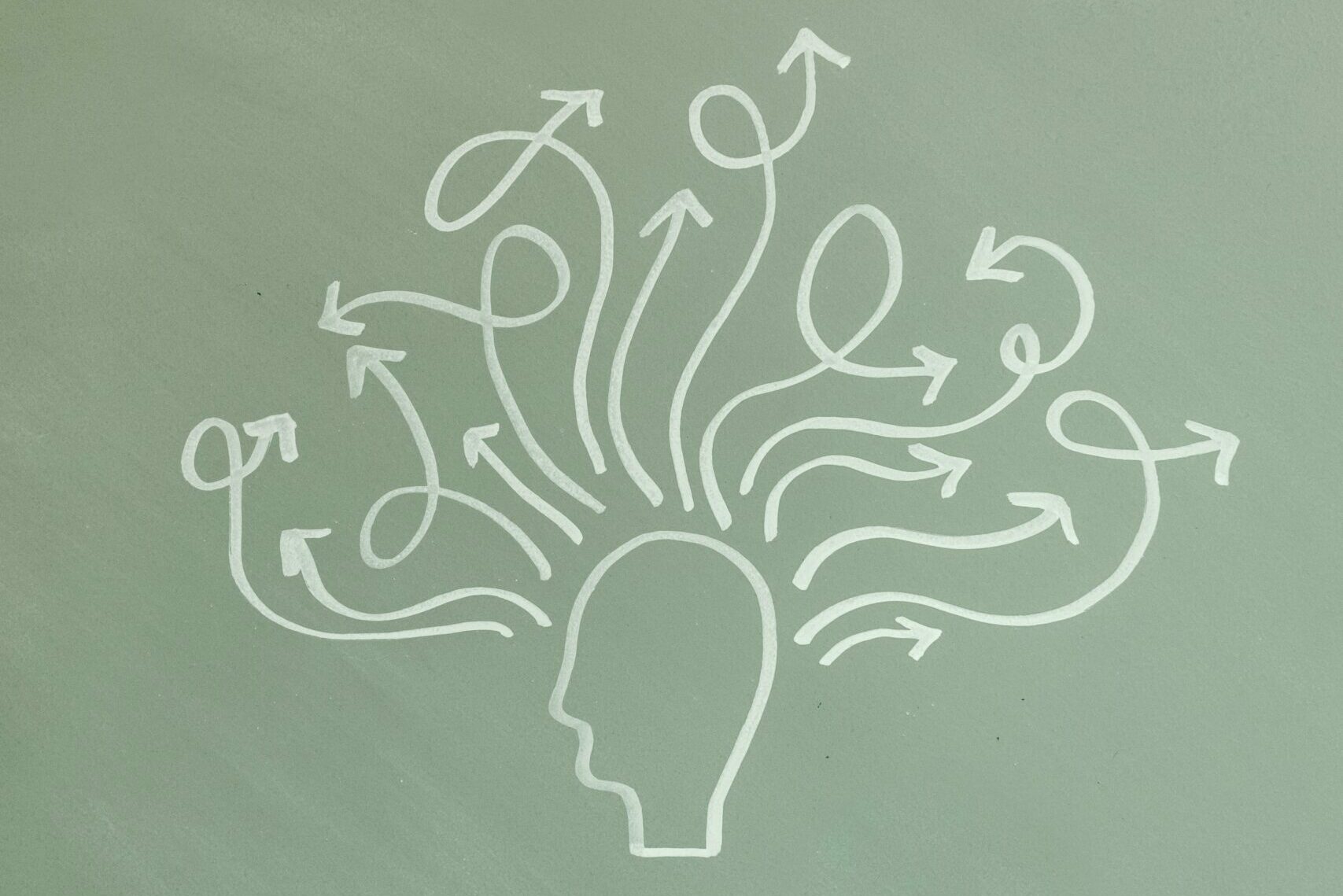
THE LITTLE-KNOWN LINK BETWEEN DISORGANIZATION AND MENTAL HEALTH
In our hectic world, time often seems to slip through our fingers like sand. In this frantic whirlwind, the organization of our environment often takes a back seat. Several factors or events, such as a break-up, job loss, the death of a loved one or even a move, can upset our ability to maintain an orderly life. But don't panic! Everyone can experience disorganized periods at some point in their lives, and that's normal!
In this blog, I focus on the link that several scientific studies have demonstrated between the mental health and the chronic disorganization. Indeed, it would seem that this chronic disorganization, with its compulsive hoarding and excessive shopping, is linked to various mental health problems such as ADHD, BPD, depression, bipolarity and many others.
The information I'm sharing here is based on studies, research and observations by mental health professionals. If you'd like to delve deeper into the subject or seek help, don't hesitate to consult a mental health specialist.



HOARDING AND COMPULSIVE BUYING
Excessive hoarding, often associated with impulse/compulsive buying, can be an unconscious way for some individuals to cope with mental health challenges. The fleeting sense of satisfaction that accompanies a new object can temporarily soothe inner turmoil. However, this satisfaction is often short-lived, giving way to continued accumulation without any real resolution of the underlying problems.
DISORGANIZATION AND TDAH
Attention deficit disorder with or without hyperactivity (ADHD) is often accompanied by difficulty in maintaining order and organization. People with ADHD may struggle with procrastination and chronic disorganization, creating a vicious circle where disorder feeds stress, and stress exacerbates disorganization.
TPL, DISORDER AND EMOTIONAL INSTABILITY
Borderline personality disorder (BPD) is frequently accompanied by intense emotional fluctuations. Environmental disorganization may be an external manifestation of this inner instability. The quest for emotional stability can result in hoarding, overspending and difficulty maintaining an orderly environment.
DEPRESSION AND ACCUMULATION
Depression, by its very nature, can lead to a loss of energy and motivation. Daily tasks, including maintaining order, can become insurmountable mountains. In some cases, disorganization can even serve as a tangible reflection of a depressed person's internal emotional state.
BIPOLARITY AND IMPULSE BUYING
People with bipolar disorder may experience manic episodes characterized by feelings of euphoria and excitement. During these periods, impulse buying and hoarding may reach excessive levels. Conversely, depressive episodes can result in an inability to maintain an organized environment.

THE EFFECT OF DISORGANIZATION ON MENTAL HEALTH
The physical environment can significantly influence our mental well-being. Chronic disorganization can contribute to stress, anxiety and a constant mental load. External chaos reflects and aggravates internal chaos, creating a negative feedback loop.
STRATEGIES FOR BREAKING THE VICIOUS CIRCLE
Psychoeducation
Understanding the link between disorganization and mental health is the first step. Psychoeducation can help raise awareness of strategies for overcoming these challenges. Institute of Challenging Disorganization (ICD)) offers relevant tools to better understand the various disorganization disorders associated with mental health disorders. Feel free to consult the Institute's documentation directly on the website: https://www.challengingdisorganization.org/
Therapeutic interventions
Therapeutic approaches such as cognitive-behavioral therapy (CBT)the dialectical behavior therapy and the acceptance and commitment therapy (ACT)They can help develop coping skills and promote healthier behaviors.
Social support
The people around you play a crucial role. Strong social support can provide an environment conducive to improvement, encouraging healthier habits.




Stress management
Learn stress management techniques, such as the meditationthe full consciousness, cardiac coherence and many other techniques can help reduce the anxiety associated with disorganization.
Gradual approach through the organization
Avoid feeling overwhelmed by approaching organization gradually. Small, regular steps can lead to significant changes over the long term. Don't hesitate to ask for help from a professional organizer to help you set up organizational systems.

ORGANIZATION AS A ROAD TO HEALING
Disorganization and hoarding can appear as a result of a major change in our lives, a traumatic experience or be visible symptoms of underlying mental disorders. Whatever the case, recognizing this correlation offers an opportunity to address these issues holistically. By cultivating order in our space, we can also foster order in our mind. Balancing mental health and organization thus becomes a path to healing, enabling everyone to build an environment conducive to serenity and mental fulfillment.
If you have any comments or questions about the organization services provided by StéZen offers, please contact me: (514) 547-2229 or [email protected]



